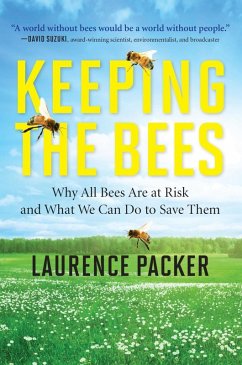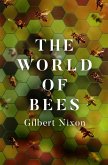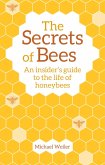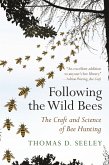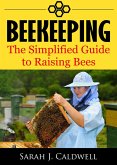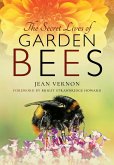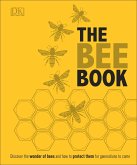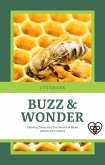The life of Laurence Packer, a melittologist at Toronto's York University, revolves around bees, whether he's searching for them under leaves in a South American jungle or identifying new species in the desert heat of Arizona. Packer often finds himself in exotic and even dangerous locales, risking snake bites, sunstroke, and even the ire of other scientists. Everywhere he travels, he discovers the same unsettling trend: bees are disappearing. And since bees are responsible for up to one-third of our food supply, the consequences are frightening.
Dieser Download kann aus rechtlichen Gründen nur mit Rechnungsadresse in A, B, BG, CY, CZ, D, DK, EW, E, FIN, F, GR, HR, H, IRL, I, LT, L, LR, M, NL, PL, P, R, S, SLO, SK ausgeliefert werden.

